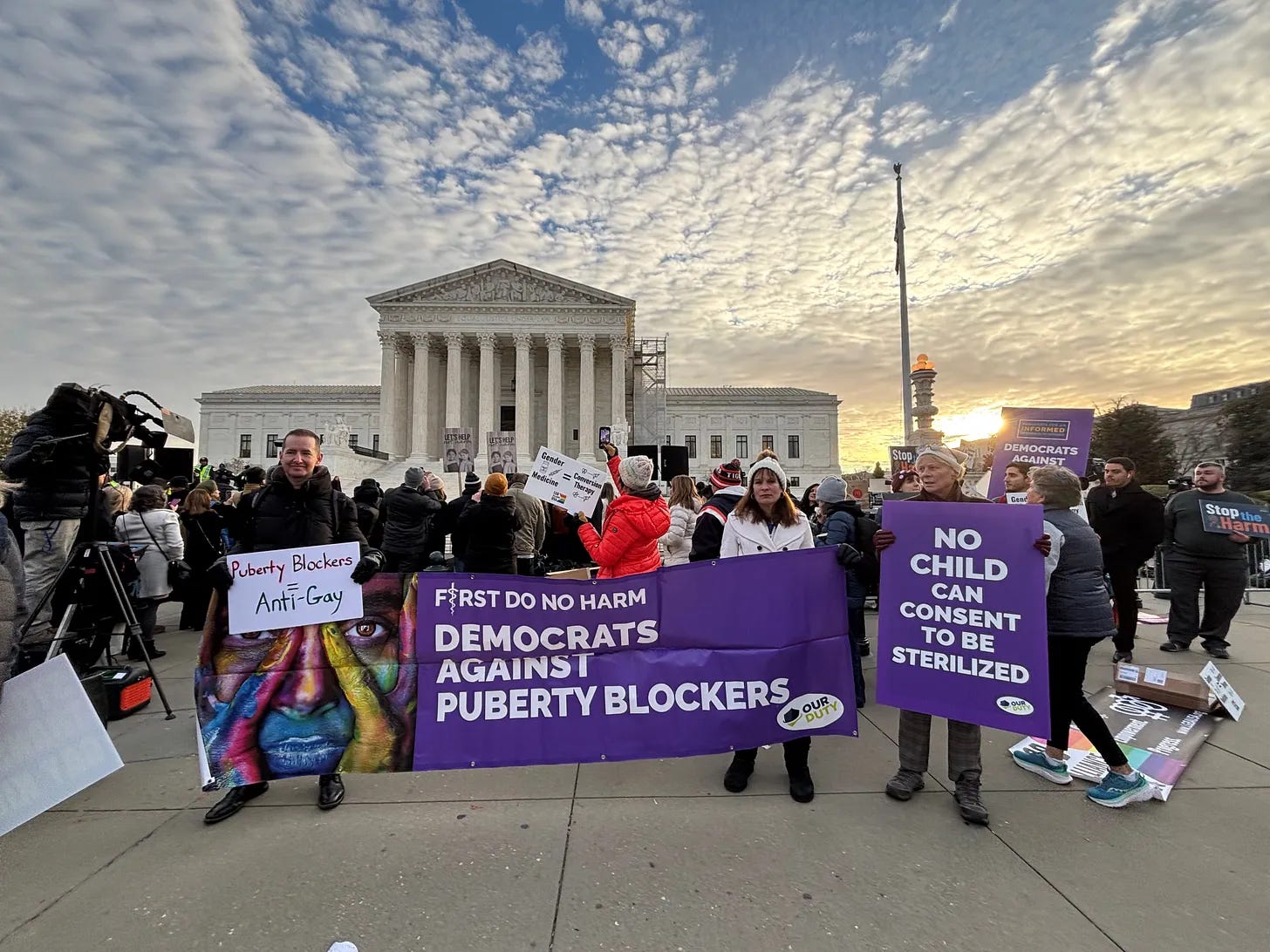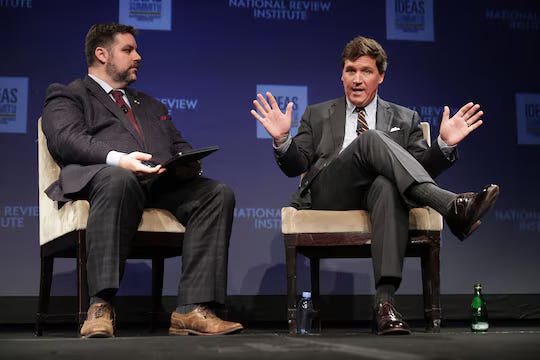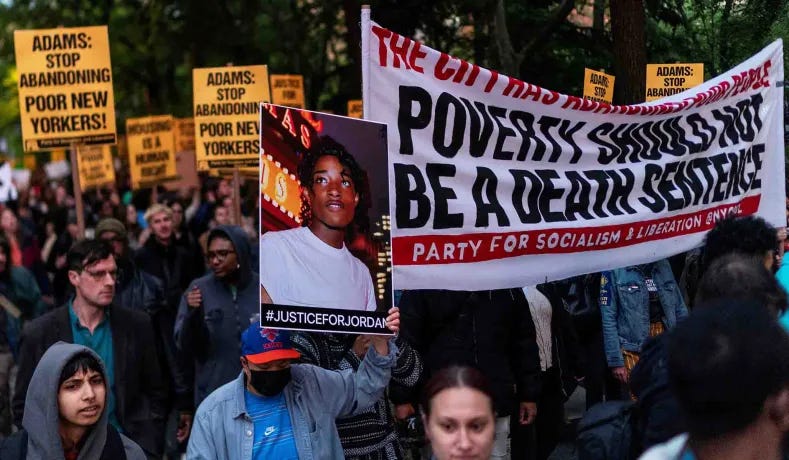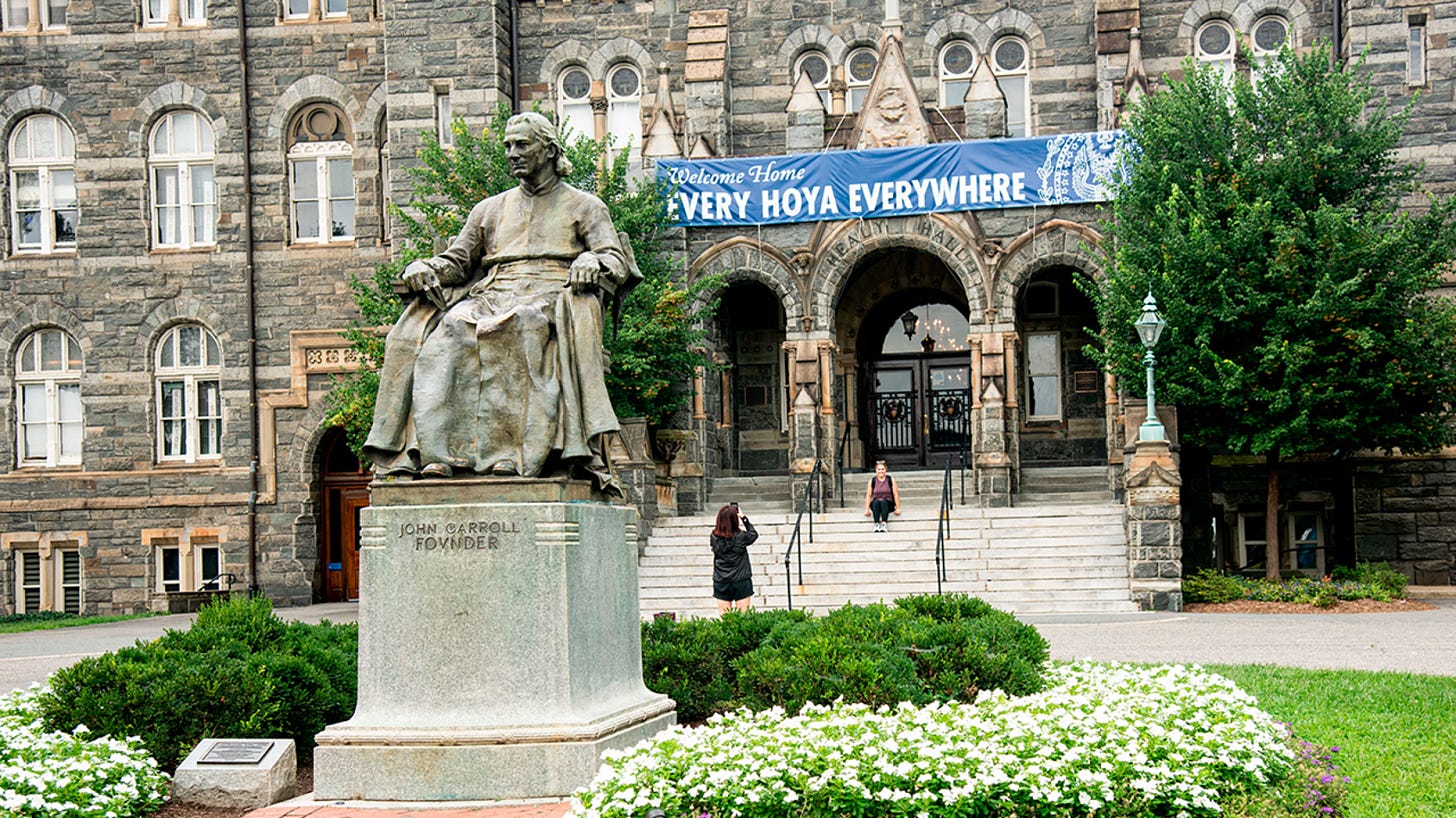Can James Gunn’s ‘Superman’ unite America? I believe it can.
For FAIR’s Substack, Angel Eduardo writes about the upcoming Superman movie and how he believes it might unite America.
The most beautiful aspect of the Superman story is that, despite being an alien with godlike powers, he has a human heart and spirit. He’s an immigrant, a farm boy, an outsider, an orphan, an alien, a seeker of justice, a symbol for hope, and a reflection of who we are when we’re at our best. He is a being with the powers of a god, who can take over the world in a day if he wanted to. But all he ever wants to do is help. To use his unique abilities to make things better. To be a good neighbor, friend, family member, and fellow citizen.
I share Gunn’s intuition that the vast majority of us, deep down, are the same way. Superman’s not real. Never has been. Never will be. What that means is that all the positive qualities with which we imbue him are those we already value and possess, and which we choose to have him represent.
The Feminists, Gays, and Lesbians Who Support the Bans
For her Substack BROADVIEW, FAIR Advisor Lisa Selin Davis writes about the heated battle over gender-affirming care and the LGBs and liberals who support Tennessee’s ban of the practice.
Because puberty blockers and cross-sex hormones have been used in the past to chemically castrate gay people—and are still used to chemically castrate sex offenders—some see these interventions as a continuation of that abuse: chemical castration of kids who would grow up to be gay. To these gay adults, many of whom were gender nonconforming children, telling feminine boys and masculine girls that they don’t belong in their biological category, that they can or should be the opposite (or neither) sex is both deeply sexist and a form of conversion therapy. It’s changing nonconforming kids into conforming kids, they say, and changing gay kids into straight kids.
How eight years changed one conservative’s mind about Trump
For The Washington Post, FAIR Advisor Shadi Hamid writes about changes in the American electorate.
Democrats didn’t lose the election because of misinformation, misogyny or racism. They lost for the simple reason that they failed to persuade enough Americans to back their candidate. To blame Trump voters for being unwise or bigoted is the easy way out. It absolves us of responsibility.
As I laid out in my Post series on how to live with polarization, there is a different path. And I want to practice what I preach by speaking directly to people with whom I have profound disagreements — not to condemn them, but to listen without prejudice.
The Three Holiday Ghosts of Taking Responsibility
For National Review, FAIR Advisor Wilfred Reilly writes about personal responsibility and accountability through the lens of recent controversies.
Delano Squires, a black conservative writer whom I personally know and like, pointed out during the whole Vivek-induced controversy that no one objects to the invocation of personal responsibility or responsibility culture when this is made in the direction of failures or poor people, or even working-class blacks as a whole, or Appalachians. However, we all tend to get a bit testy when similar reminders are made to us or our beautiful children.
Let’s make them to everyone. I intentionally opened this essay with extreme cases, but, as New Year’s Day approaches, it’s always worth remembering that the person responsible for probably 95 percent of what you do is you. Let us all work on ourselves, each other, and the country.
2024 was the worst year ever for campus free speech. Can we make 2025 better?
For Fox News Opinion, Greg Lukianoff writes about why 2024 was so bad for free speech on campus and how 2025 might be better.
Scrappy young startups like the University of Austin have given our legacy institutions a much-needed wake-up call that they aren’t invincible. And the media as well as the public have gotten much more comfortable exposing and criticizing the many issues plaguing higher education, as evidenced by The New York Times’ reporting on how The University of Michigan is having second thoughts about its DEI program.
So yes, 2024 was terrible for free speech on America’s college campuses — the worst in recent memory, in fact. But 2025 is still ahead of us, and 2024's record is one we should try very hard not to break. Contrary to how it might seem, I don’t enjoy reporting all these terrible facts. In all honesty, I’d love it if FIRE had to put itself out of business. It’s doubtful that 2025 will be the year it happens, but we can certainly push ourselves further in that direction.
FAIR News Podcast
For audio versions of our FAIR News and FAIR Weekly Roundup newsletters, subscribe and listen to FAIR News Weekly on Apple Podcasts, Spotify, Google Podcasts, or via RSS feed.
Join the FAIR Community
Join us, and become a member of FAIR.
Become a FAIR volunteer, or join a FAIR chapter.
Sign-up for a Welcome to FAIR Zoom information session to learn more about our mission.
Share your reviews and incident reports on our FAIR Transparency website.









